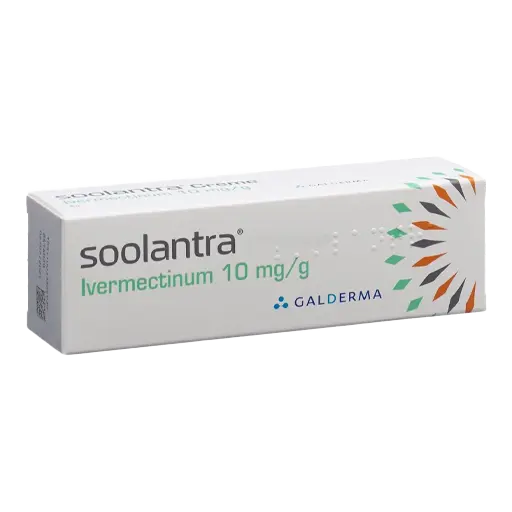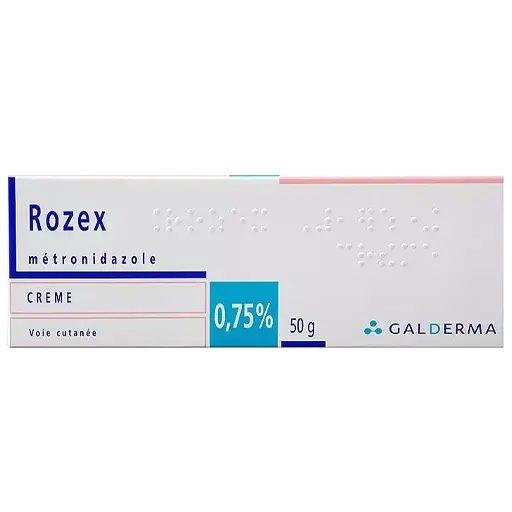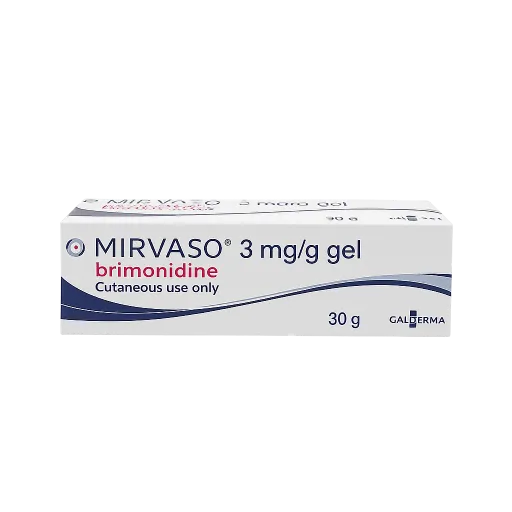rosacea consultation
Please fill in the questionnaire below. Any information provided will be kept confidential and will only be seen by a prescriber. These questions are designed to give our prescriber enough information to make a decision on whether the treatment is suitable, please fill them in truthfully.
rosacea
Rosacea is a chronic skin condition that causes redness, visible blood vessels, and sometimes small, pus-filled bumps, typically on the face. It can be triggered by various factors, including heat, stress, spicy foods, and alcohol, making it challenging to manage.
-
POM
-
POM
-
POM
-
POM
Rosacea
Rosacea is a common long-term skin condition that mainly affects the face, causing redness, visible blood vessels, and sometimes small bumps or pimples. It often starts with episodes of flushing (redness that comes and goes) and can worsen over time if not treated.
Rosacea is more common in adults aged 30-60, particularly those with fair skin. Although there's no permanent cure, many treatments can help control symptoms and prevent flare-ups.
What causes rosacea?
The exact cause of rosacea isn't fully understood, but it's thought to involve a combination of genetics, immune system reactions, and environmental triggers. It is not caused by poor hygiene, and it's not contagious.
Common rosacea triggers include:
- Hot drinks and spicy foods
- Alcohol (especially red wine)
- Sun exposure
- Stress or strong emotions
- Hot weather or wind
- Strenuous exercise
- Some skin care products or topical steroids
What are the symptoms of rosacea?
Symptoms can vary depending on the type and severity of rosacea. Most people experience:
- Frequent flushing or persistent redness, usually on the cheeks, nose, forehead, and chin
- Visible small blood vessels on the skin (telangiectasia)
- Bumps or spots that may resemble acne (papulopustular rosacea)
- Stinging or burning sensations on the skin
- Dry, rough, or swollen skin
- Eye irritation (in some cases) - known as ocular rosacea
- Thickening of the skin (especially around the nose) - in advanced cases
How is rosacea diagnosed?
Rosacea is usually diagnosed by a GP or dermatologist based on your skin's appearance and symptom history. No specific test is needed.
It's important to rule out other conditions like acne, eczema, or lupus that can cause similar symptoms. A referral to a skin specialist may be needed in some cases.
Rosacea treatments
There's no cure for rosacea, but treatments can reduce symptoms and prevent flare-ups. Treatment depends on the type and severity of your rosacea.
Self-care and skin care
- Use a gentle, non-irritating cleanser and moisturiser
- Wear a high-SPF sunscreen daily - UV rays are a common trigger
- Avoid known triggers such as spicy food, alcohol, and extreme temperatures
- Use fragrance-free products and avoid topical steroids unless prescribed
Topical treatments
- Metronidazole gel or cream: Reduces inflammation and spots
- Azelaic acid: Helps clear bumps and redness
- Brimonidine gel: Temporarily reduces redness by narrowing blood vessels
- Ivermectin cream: Used to treat inflammatory lesions and skin mites (Demodex)
Oral treatments
- Antibiotics (e.g. doxycycline): Often used for moderate to severe rosacea with bumps or spots
- Isotretinoin: For severe or treatment-resistant rosacea (under specialist care)
Other options
- Laser therapy: Can reduce visible blood vessels and redness
- Eye drops or tablets: For ocular rosacea affecting the eyes
Will treatment work?
With the right treatment and trigger avoidance, most people can manage their rosacea and keep flare-ups under control.
Some treatments, such as creams and tablets, may take a few weeks to show improvement. Regular use and good skin care are key to long-term control.
Rosacea treatment side effects
Most treatments are well tolerated, but some may cause mild side effects:
- Topical treatments: Can cause dryness, stinging, or irritation when first applied
- Antibiotics: May cause nausea, sun sensitivity, or upset stomach
- Laser treatment: Can cause redness, bruising, or swelling for a few days after treatment
Always follow your doctor or pharmacist's instructions and let them know if side effects persist or worsen.



